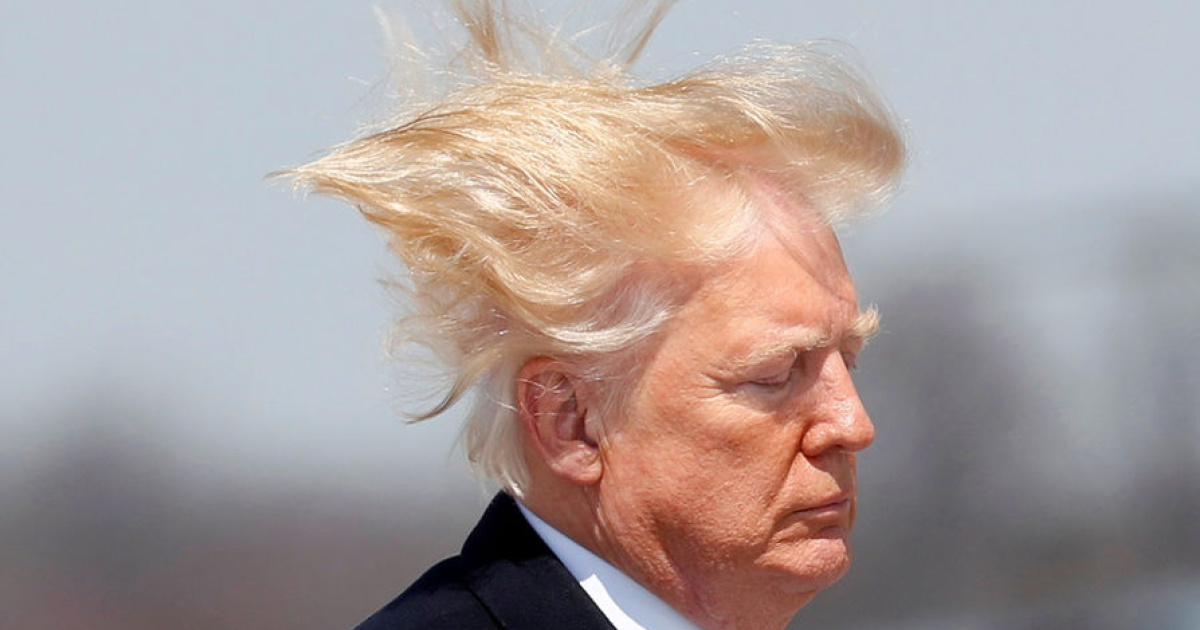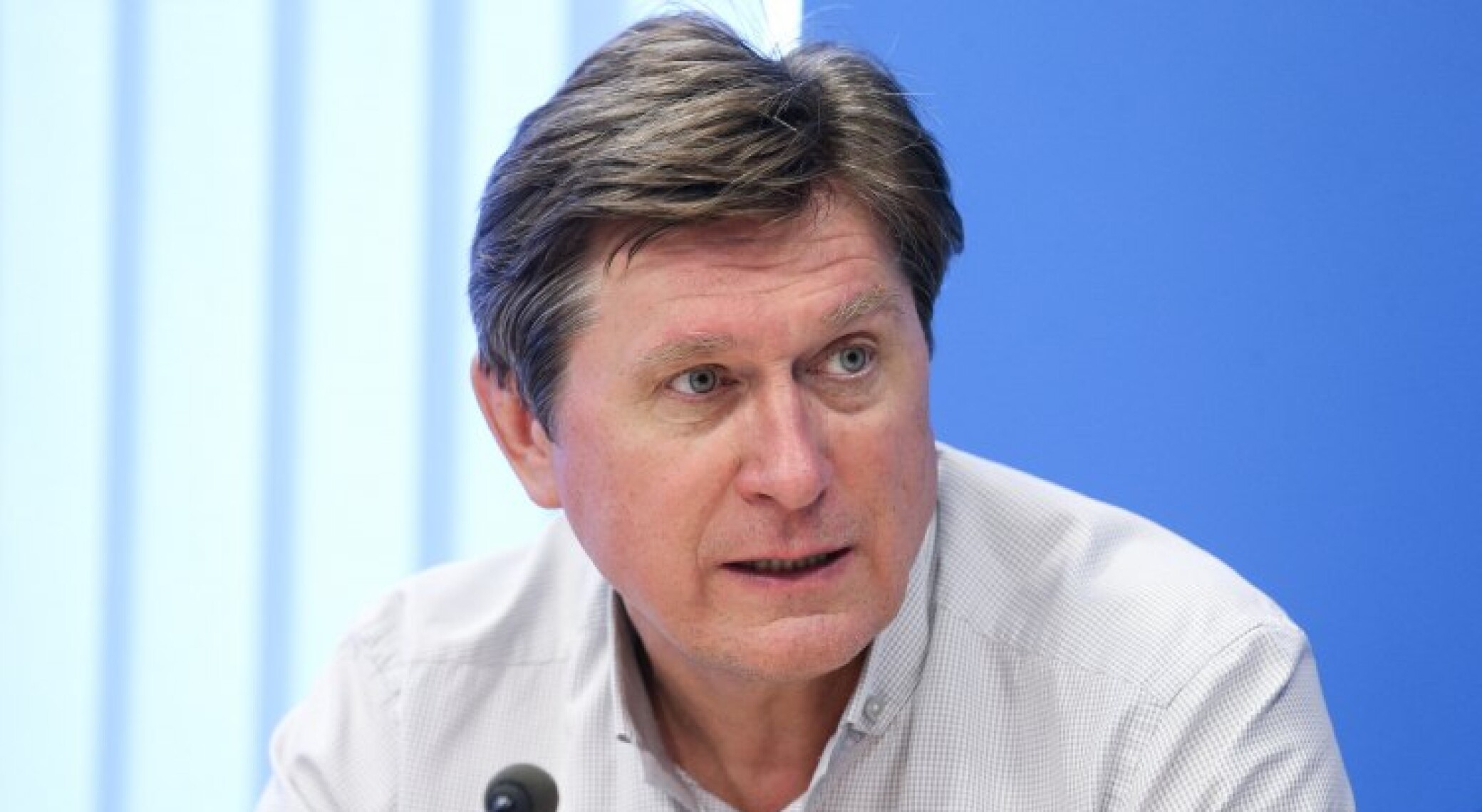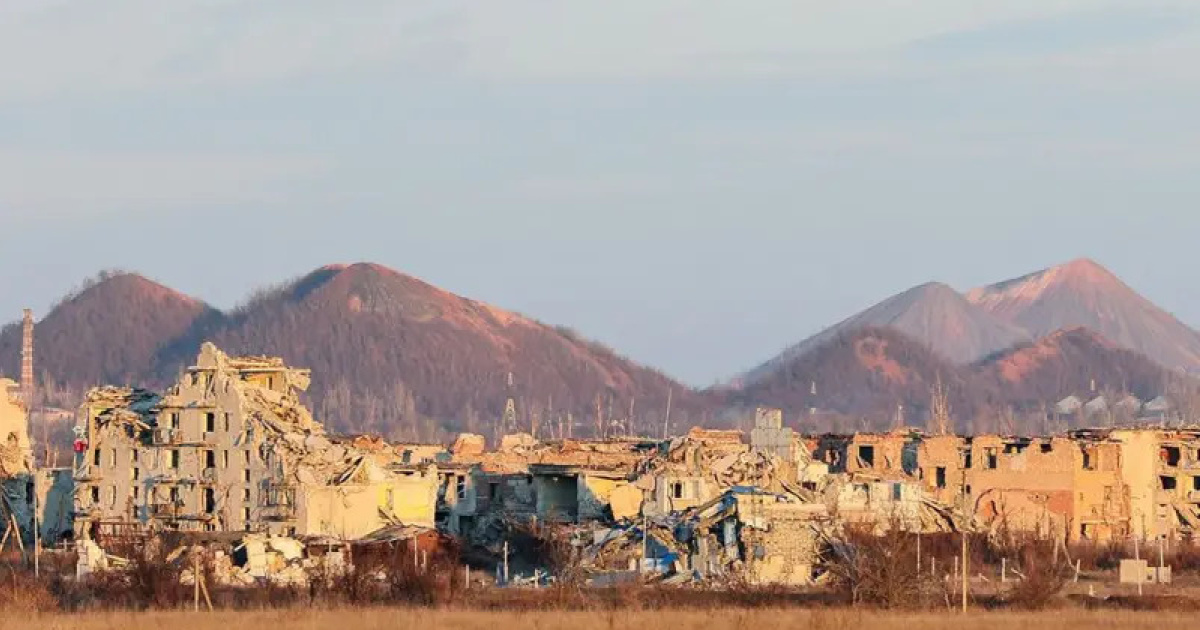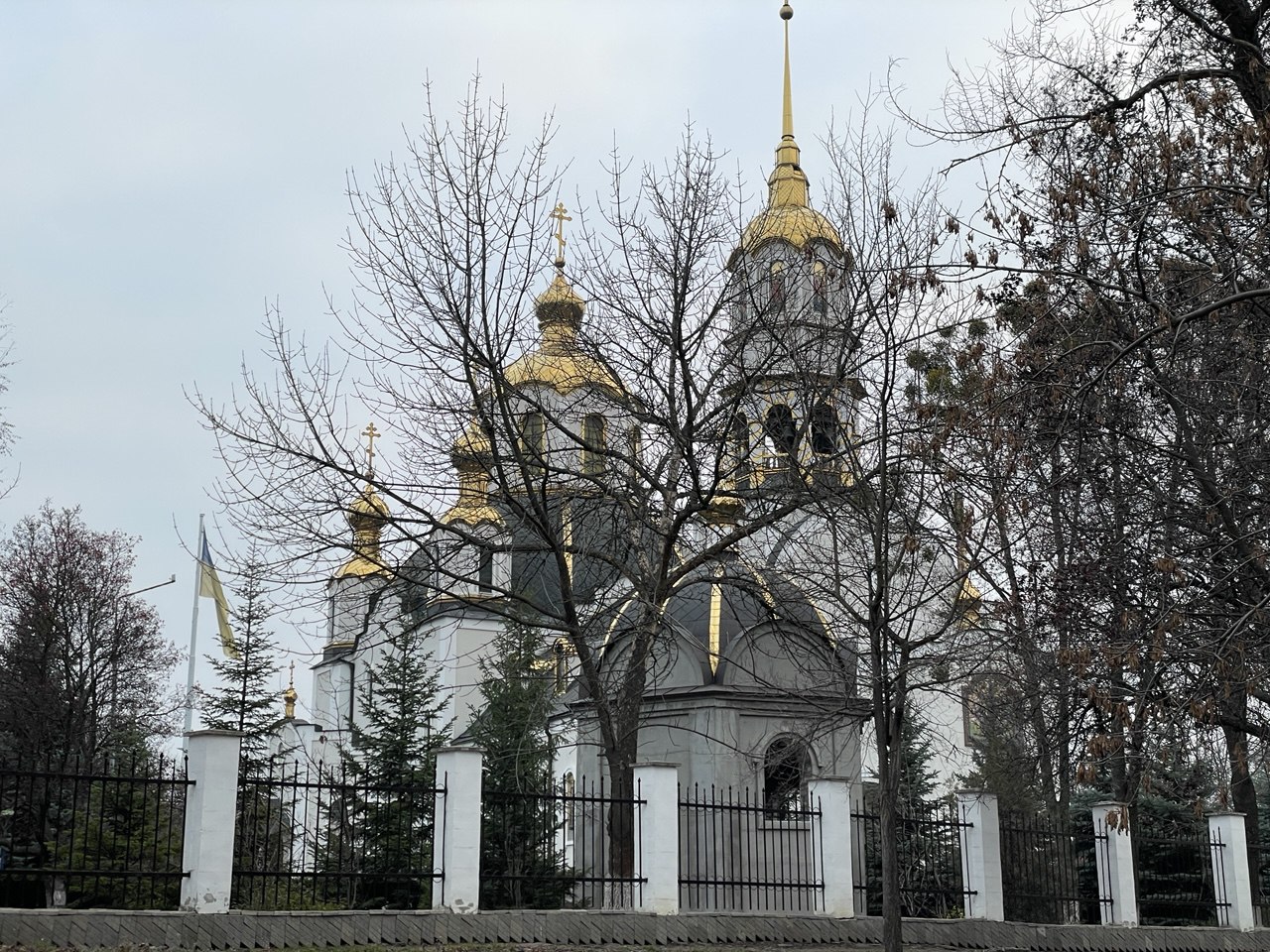
Recent Witkoff’s visit to putin and the subsequent statements from Washington did not answer the main question – what will happen on August 8, after the deadline set by Trump for moscow to make a “deal” with Ukraine?
It is obvious that such a “deal” will not happen by Friday. Even purely for technical reasons. Will this lead to the implementation of Trump’s threats to impose new sanctions against russia and secondary sanctions against China and India, which are buying russian oil?
However, Trump imposed sanctions against India without even waiting for his special envoy to return from moscow. That is, they were predetermined. And oil from russia is just a pretext, not the real reason. In fact, Trump himself explained this a week ago when he first announced the 25% tariffs.
“Remember that although India is our friend, for many years we have done relatively little business with it because its customs tariffs are too high, among the highest in the world, and it also has the strictest and most unpleasant non-monetary trade barriers among all countries”, - the president wrote.
Moreover, Modi’s defiant reaction to US ultimatums brings this conflict into a personal and emotional dimension for Trump.
Also, a blow to India is a blow to BRICS (a week ago Trump also imposed 50% tariffs on Brazilian exports to the US, motivated specifically by the country’s participation in BRICS, which threatens the dollar as the main interstate payment medium).
Therefore, US actions regarding India in this case are not an indicator of Washington’s intentions toward russia. Of course, the loss of a third of oil exports will seriously hit putin’s ability to pay for the war. But “a guy gave his word, a guy took it back” – Trump may cancel or reduce this tariff if Modi lowers the “too high, among the highest in the world” customs tariffs and removes the “strict and unpleasant non-monetary trade barriers”.
In general, Trump’s strike on India has only an indirect connection to our war. For us, his moves regarding russia and China (which surpasses India in the volume of discounted purchases of russian oil) are more important. But statements from Washington after the talks between putin and Witkoff show that one should no longer expect radical measures after the expiration of the “ultimatum”.
In particular, there is Trump’s assessment: “We decided that today we had very good talks with putin”. After “very good” talks, imposing serious sanctions doesn’t really seem logical.
Some kind of reaction — as an incentive to push putin toward peace and as a signal to China — will surely happen. But the introduction of tariffs on russian exports to the US, considering the trade turnover between the countries, is more of a symbolic gesture.
As for Beijing, at best, minimal tariffs (not 25%) may be introduced for now, the size of which will depend on the current situation in the trade negotiations between China and the US. And most likely, Trump will make his decision on China only after his trip there in early September.
Because again, considering the gigantic trade turnover between the US and China (unlike with India and russia), serious sanctions against such a player could crash both American and global markets. And Trump is not interested in raising oil prices or causing the stocks of American multinational corporations, which produce their goods mainly in China, to fall.
Moreover, it is no coincidence that Trump himself stated on Tuesday that his decision on sanctions would depend on the results of Witkoff’s visit to moscow. And that he allegedly “never named a specific percentage” for the tariffs that could be imposed on russia’s trading partners. This is an obvious step back, since the tough truth is that Trump personally named the figure — “100%” tariffs.
Well, here’s another sign that the 47th president is still not ready for radical steps regarding moscow and China – the words of a Financial Times source from his circle: “It all depends on what Witkoff comes back with. If he returns empty-handed, with absolutely nothing – Trump will blow up”.
If the talks are assessed as “very good”, then apparently Witkoff did bring “something” from moscow to Washington after all. Trump desperately wants a deal, not a war. And the kremlin understands this and uses it to buy time.
In the kremlin’s worst-case scenario, putin may even agree to a temporary ceasefire in the air. It’s no coincidence that this idea was floated into the information space. For him, the main thing is that no “somethings” given to Trump interfere with russian troops capturing the Donetsk oblast, recorded in the ro-constitution as “russian”. When that happens, he will himself gladly (given the decline of the russian economy and global geopolitical trends) announce the victorious end of the “SMO”. Freezing the conflict without control over the entire territory of Donbas would be tantamount to his personal defeat, so he will drag things out by any means. And predicting Trump’s reaction to these putin “stall tactics” is very difficult. Although parallels can be drawn.
People rarely change their behavioral patterns unless the circumstances of their lives change drastically. If you read the memoirs of John Bolton – the U.S. President’s National Security Advisor from April 2018 to September 2019 – you will see that his boss changed his decisions more often than he blinked. The current U.S. president called the absence of strategy a strategy. He would cancel already issued orders (even to the military) based on his subjective perception of the information he had most recently heard. This book has plenty of direct parallels to Trump’s behavior regarding Ukraine and russia. Only back then, they concerned North Korea or Iran.
Remember how he literally, by directive, sent Zelensky to negotiations in Istanbul (even though the day before both Zelensky and Macron with Scholz, and Trump himself had agreed that there would be no negotiations until a ceasefire). A similar situation occurred when Trump sent Japanese Prime Minister Abe to Tehran to negotiate halting the ayatollahs’ nuclear program. This caused a nervous reaction in the Arab world, which saw it as Trump’s weakness. “I tried in vain to explain (to the UAE leadership – ed.) that the President of the United States meant nothing more than talk, and the negotiations would be just chatter”, - Bolton writes. That is, by provoking negotiations instead of taking specific decisive actions, Trump deliberately drags out the resolution of the problem.
Iran attacked US allies’ ships and directly American drones, while Trump did nothing, trying to make the negotiation scenario “not offensive” for Tehran, with which he still hoped to make a deal. In fact, he allowed Iran to do whatever it wanted, as long as they didn’t kill Americans directly, writes Bolton. And we, Ukrainians, are not Americans…
“Trump, who doubted every day about any issue…” – is how his former adviser describes him.
And how often did he announce actions that, in reality, never happened?! By the way, Trump also considered (and still considers) bluffing an acceptable strategy for his level. So, after that, believe in US “submarines” off the coast of russia, or his ultimatums…
In general, there is no point in retelling the 600 pages of Bolton’s memoirs (“The Room Where It Happened”) to come to a conclusion that is obvious even from the facts the 47th president has created in just the past six months of his time in power.
Trump has no strategy for ending the war in Ukraine. He only has a strategy for squeezing global resources into the US. And Trump views russia’s war against Ukraine solely as one of the tools for implementing this strategy. Accordingly, his actions in this matter will be dictated not by an interest in ending the war, but by a “commercial” interest tied to a specific moment. For example, in Ukrainian minerals, or in a “deal” with putin, or with Xí Jìnpíng. For now, as the fate of these deals remains unclear, Trump will avoid decisive actions.
So, strategically, it is impossible to predict Trump’s actions regarding the war in Ukraine! He himself does not know what he will do tomorrow.
But tactically, it can be said that the president of the US being increasingly drawn into this process speeds up the freezing of the conflict. Whether this pause will be putin’s victory (seizure of the Donetsk oblast) or his defeat (Kyiv retaining control over part of Donbas) depends on how Trump uses the time: whether he agrees to wait for moscow’s victory, being satisfied with “at least something” that Vitkoff brought him, or forces it to stop at a “neither yours nor ours” position.
Putin has already “disappointed” Trump more than once, but judging by the fact that Witkoff still flew to moscow again, Trump’s hope for a “deal” dies last. And Ushakov’s statement following Witkoff’s trip about discussing the issue of “strategic cooperation between russia and the USA” confirms this.
In general, if by the end of today there are no sanctions that would truly and strategically deprive the enemy of the economic ability to wage war (and there won’t be any!), then putin has once again “played” Trump, shifting the practical resolution of the problem into diplomatic “blah-blah-blah”. He needs to win time and soften the US reaction. And for that, he needs dialogue with Trump. And Trump is already falling for it.
The chances of a trilateral meeting of presidents in the near future are 1% (allowing for a miracle). There is no point for Trump to meet in such a format if this meeting might end with nothing. But a phone conversation with putin — that is possible. However, this would be a serious tactical defeat for the White House, since in moscow it would be seen as a sign, if not of weakness, then of a lack of confidence in the US administration’s own policy. Accordingly, the kremlin will try to strengthen and use this lack of confidence.
But overall, regardless of Trump’s reactions, the trend toward ending hostilities and freezing the war within 8–10 months is growing stronger.
However, there is also a trend toward consolidating the anti-American bloc (russia, China, India, Brazil, Iran, North Korea…). This was noticeable in the rhetoric of Modi and Lula da Silva. And especially that of putin and Lukashenko during their last meeting in Valdai.
Do you remember putin’s words about Trump’s “excessive expectations” from talks with him? They show that the kremlin is no longer placing a big bet on improving relations with the current US administration. Which means they are counting on something outside the USA.
This is also confirmed by Lukashenko’s statement that he laughs at Trump, his lectures to the American president on how to “do politics”, and the indication of what he “must” do:
“50, 60, 10 days — that’s not how politics is done. If he wants peace, he must get involved carefully and thoroughly. This is a military confrontation, and you can’t dictate terms there, especially to a nuclear power. Well, it just causes laughter”.
Such “audacity”, given the state of the already damaged economies of the “Union State”, creates the impression that the gerontocrats have not only “lost their sense of measure”, but have secured someone’s strong backing. That someone needs an escalation of the war and a conflict with the United States.
It’s not hard to see that such an actor can only be China. Lukashenko and putin simply have no other “source of power”. And Wang Yi’s words during negotiations with the EU—that Beijing cannot allow moscow to lose, because then the US would turn to dealing with China—make Lukashenko’s and putin’s insolence quite logical.
Now let’s see what comes of the visits of Indian officials to moscow in the coming week. If after them the Indians continue buying russian oil in comparable volumes, it means they were given some guarantees in moscow, and accordingly, China is betting on confrontation. De facto, this would mean the formation of a forced anti-American bloc of russia–China–India–Brazil and the prolongation of the war in Ukraine.
If India starts reducing the volume of oil purchases from russia, it means putin could not promise the Indians compensation for American tariffs, and accordingly China is not yet ready to single-handedly shoulder all the costs of someone else’s war (even against a common enemy), and it will start seeking compromise solutions.
We’ll wait and see. The situation will become clear in the coming days.
By Serhii Harmash, editor-in-chief of OstroV





